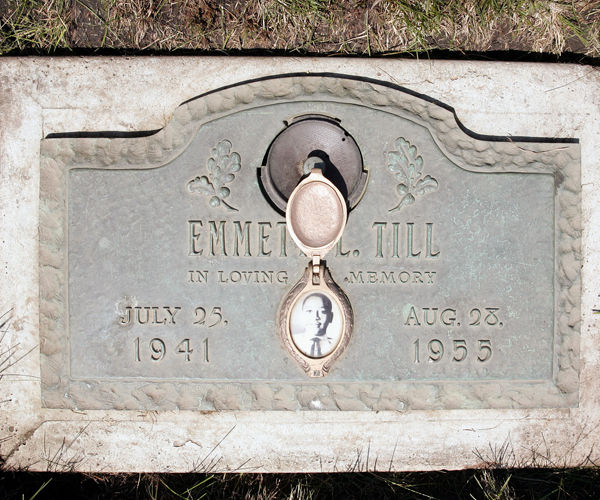George Henry White Day, Jan 29, 2017 in New Bern, NC
- GHW Info
- Jan 25, 2017
- 4 min read
Press Release: George Henry White Day, Jan 29, 2017 in New Bern, NC
George Henry White Day, an annual event honoring the legacy of the late North Carolina congressman, will be observed at New Bern’s Ebenezer Presbyterian Church in a special afternoon service on January 29, 2017.
A group of North Carolina nonprofit organizations joins together each year to honor the memory of Rep. White (1852-1918), a two-term congressman who was the first African American to serve in the U.S. House of Representatives in the 20 th century, and the last to serve there for nearly three decades.
The date marks the 116th anniversary of George Henry White’s final speech to Congress, delivered on January 29, 1901, in which he predicted the eventual return of African Americans to the U.S. House. Pastor Robert Johnson of Ebenezer Presbyterian Church will welcome participants and visitors to the event, slated to begin at 3 p.m. in the church auditorium at 720 Bern Street.
Guest speaker for the day’s events will be historian Bernard George of New Bern, George, noted for his thorough research into White’s life and legacy. He will deliver a historical reenactment of portions of George White’s speech, with the audience representing the members of the outgoing 56th Congress in 1901.
New Bern Mayor Dana Outlaw will present the city’s proclamation of George Henry White Day. George will be introduced by Vincent Spaulding, chief operating officer of the Benjamin and Edith Spaulding Descendants Foundation (BESDF), Inc. Master of ceremonies for the event will be attorney Antoinette Burwell of Durham, president of the George Henry White Bar Association, Inc.
A quarter of singers, the Anointing Few, will provide musical entertainment during the service. White’s biographer, Dr. Benjamin Justesen of Alexandria, Va., author of George Henry White: An Even Chance in the Race of Life (2001) and other works, will offer brief remarks on the significance of the annual event.
Sponsoring groups include the Phoenix Historical Society of Edgecombe County, whose president, Mavis Stith of Tarboro, will introduce other participants; BESDF, Inc., with headquarters in Durham; the George Henry White Bar Association, Inc., of Durham; and the Living Descendants of George White. Other groups include Ebenezer Presbyterian Church, which George White served as a founding elder; the Concerned Citizens of Whitesboro (CCW), Inc., of Whitesboro, N.J.; and the Free and Accepted Masons (Prince Hall), which White served as statewide grand master in the 1890s.
White, a former state legislator and two-term district solicitor for the Second Judicial District, was elected to his first term in Congress as a Republican in 1896, representing the Second Congressional District, after moving to Tarboro. He was reelected to Congress in 1898, but declined to seek renomination in 1900, after voters amended the state constitution to restrict voting by black citizens. He was the last black North Carolinian elected to Congress until 1992.
A reception will be sponsored by Ebenezer Church afterward in the church hall, and hosted by the Living Descendants of George Henry White. The church hall will also feature exhibits on the life of George White. A 2012 documentary of White’s life, American Phoenix, will also be shown during the reception.
A graduate of Howard University in Washington, D.C., White became a principal and teacher in New Bern’s black public school system in 1877. After passing the state bar exam and establishing a legal practice in New Bern, the Bladen County native entered politics in 1880. He represented Craven County in the N.C. House of Representatives in 1881 and in the N.C. Senate in 1885 before his election as Second district solicitor in 1886.
His farewell address, delivered at the end of his second term, called for fairer treatment of the nation’s 10,000,000 African Americans and restoration of their political rights. White summarized the progress of African Americans since emancipation and offered details of racial intimidation and violence in the South during the “Jim Crow” era, including the recent disfranchisement of black voters. His call for political equality and fairer treatment of African Americans foreshadowed the modern civil rights movement of the 1960s; his speech has been compared to the “I Have a Dream” speech delivered in 1963 by Rev. Martin Luther King, Jr.
After leaving Congress in 1901, George White practiced law in Washington, D.C., until 1906, when he moved his family to Philadelphia, Pennsylvania, where he founded the city’s first black-owned commercial savings bank, People’s Savings Bank, in 1907. A land developer, his George Henry White Land Development Company also established the town of Whitesboro in New Jersey’s Cape May County. He is buried in Eden Cemetery near Philadelphia, along with his daughter Mamie, a schoolteacher, and son, George, Jr., also an attorney.
Many of George White’s family members, including his first three wives, his infant daughter Beatrice Odessa, and his father, Wiley Franklin White, are buried in New Bern’s Greenwood Cemetery. His oldest daughter, Della White Garrett, is buried in Washington, D.C.
Additional information on other programs and activities to promote the life and legacy of George
White is available online at www.georgehenrywhite.com.
[Note: Submitted by Vincent Spaulding, COO, Benjamin & Edith Spaulding Descendants Foundation, Inc., Cary, N.C.; telephone (202) 441-3589, vspauld78@gmail.com ]






留言